The first work of literary criticism in English literature comes from Sir Philip Sidney. As early as the 16th century, individuals in England were attacking literature as being corrupt in much the same way some "born-again" Christian groups of the neo-right today wish to censor what students in public schools read. One such Renaissance writer, Stephen Gosson, in the School of Abuse, charged corruption for reasons that were probably personal in that he failed as a dramatist himself. Consequently, he published The School of Abuse in which he attacked literature for being immoral:
...we who have both sense, reason, wit and understanding are ever overlashing, passing our bounds, going beyond our limits, never keeping ourselves within compass nor once looking after the place from which we came...Let us but shut our eyes to poets, pipers, and players, pull our feet back from resort to theaters, and turn away from the be- holding of vanity greatest storm of abuse will be overblown.
What angered Sidney was that Gosson dedicated the work to him: "To the right Noble Gentleman, Master Philip Sidney, Esquire, Stephen Gosson wisheth health of body, wealth of mind..."
Sidney's response was the DEFENSE. Note that he uses ideas from both Plato (who had ironically argued against poetry) and Aristotle to make his case.
The work is outlined below, with some quoted excerpts inserted:
- Poetry to be defended as it has come under attack.
- Poetry has been man's first source of inspiration:
- Great philosophers have been poets (including Plato)
- Poetry in Greek and Roman times meant "Maker"/ prophet.
- Sidney: "All philosophers (natural and moral) follow nature, but only the poet, disdaining to be tied to any such subjection, lifted up with the vigor of his own invention, does grow in effect into another nature, in making things either better than nature brings forth, or, quite anew, forms such as never were in nature...Nature never set forth the earth in so rich a tapestry as different poets have done, neither with so pleasant rivers, fruitful trees..."
- The poet as a creator: Poetry and man--the poet's talents stem from the fact that he is able to create from a pre-existing idea called the fore-conceit. Poetry is the link between the real [nominalism] and the ideal [realism] worlds. Poets therefore take part in the divine act of creation.
- Poetry defined: "Poetry therefore is an art of imitation, for so Aristotle terms it in the word mimesis--that is to say a representing, counter-feiting, or figuring forth to speak metaphorically, a speaking picture with this end, to teach and delight."
- "Since then poetry is of all human learnings the most ancient, and of most fatherly antiquity, a from whence other learnings take their beginnings, since it is so universal that no learned nation does despise it...since both Roman and Greek gave such divine names to it, the art of prophesying the other of making,...the poet only, only brings his own stuff, and does not learn a conceit out of a matter, but makes matter for a conceit, since neither his description or his end contains any evil, the thing described cannot be evil; since his effects be so good as to teach goodness, and de light the learner of it; since therein...he doth not only far pass the historian, but, for instructing, is well night comparable to the philosopher, for moving leaveth him behind him, since the HOLY SCRIPTURE hath whole parts poetical. and that even our Savior Jesus Christ, vouchsafed to use the flower of it;..."
- Poetry discussed in its effects and kinds: The true poet is one who creates "Notable images on virtues, vices...with that delightful teaching, which must be the right describing note to know a poet by..." The ultimate end of this is, "...to draw us to as high a perfection as our degenerate souls...can be made capable of." Man can thus enjoy what makes him divine. Poetry has a moral purpose, therefore, con sisting in leading men to truth by integrating, not dividing knowledge.
- History teaches and so does philosophy, but the poet is superior to both, since history deals with facts and records, ultimately hearsay, and the philosopher describes abstractions that often do not relate to the world as most people understand it.
- "Now does the peerless poet perform both [the functions of the philosopher and the historian]. For whatsoever the philosopher says should be done, he gives a perfect picture of it is some one by whom he presupposes it was done; so he as couples the general notion with the particular example. The poet affects feelings and does not just give examples. The philosopher teaches, but he teaches obscurely, so as the learned only can understand him; that is to say, he teaches them that are already taught..." the poet is the right popular philosopher... "Poetry is more philosophical than history, as the historian is trapped with facts. The poet uses the facts of the historian, but he makes them more noble by using the imagination in the creative process. The poet then can teach virtue--which is one of the central functions of tragedy--evil men who experience evil fortune end in disgrace.
- The poet moves men: philosophers teach as well, but the poet can move men to desire the good for action is greater than knowledge. Thus the philosopher is concerned not only with the end (truth), but making the means of achieving this end pleasant. Poetry is even capable of making the unpleasant like war and horror pleasant in terms of the means through which it is presented.
The previous comment (10) about the means a poet uses suggests the importance of the creative process in writing poetry. One of Plato's arguments was that the very danger of the poet was that he could use creative means to ensnare his listeners--something Plato himself knew and used in his own writing. The next section from Sidney deals with the creative process. The terms he uses are very important and will appear in later periods:
Only the poet, disdaining to be tied on any such subjugation, lifted up with the vigor of his own invention doeth grow in effect into another nature, in making things either better than nature brings forth, or quite anew...gods, Cyclops etc. Nature's world is brazen, the poets only deliver a golden.
For every understanding knows the skill of each artificer stands in the idea or fore-conceit of the work, and not in the work itself. And that the poet hath the idea is manifest by delivering them forth in such excellency as he had imagined them; which delivering forth in such excellency as he had imagined them; which delivering forth also is not wholly imaginative, as we are wont to say by them that builds castles in air.
Neither let it be deemed too bold a comparison to balance the highest point of man's wit with the efficacy of nature; but rather give right honor to the heavenly maker of that maker, who having made man to his own likeness, set him beyond and over all the work of that second nature, which in nothing he shows so much as in poetry, when with the force of a divine breath he brings things forth far surpassing her doings, with no small argument to the incredulous of that first accursed fall of Adam, since our erected wit makes us know what perfection is, but our infected will keeps us from reaching unto it.

















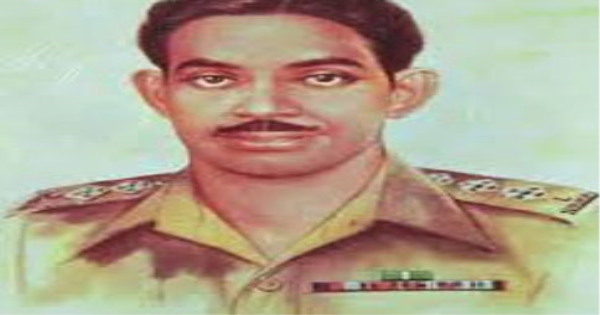
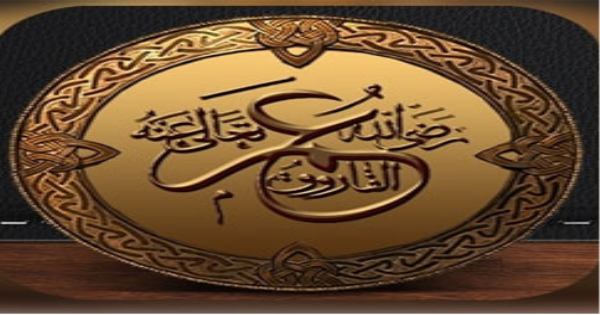
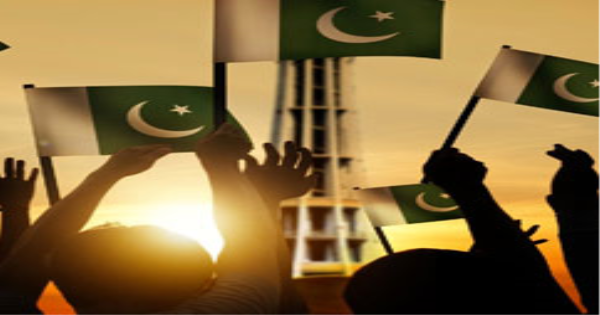
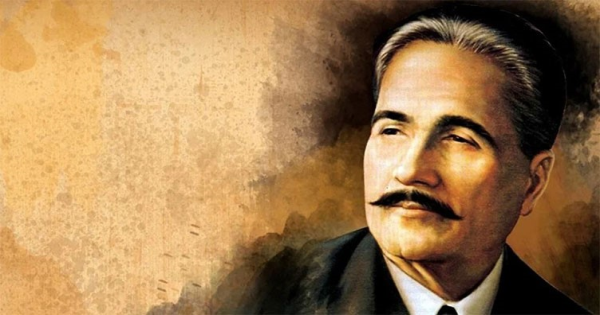
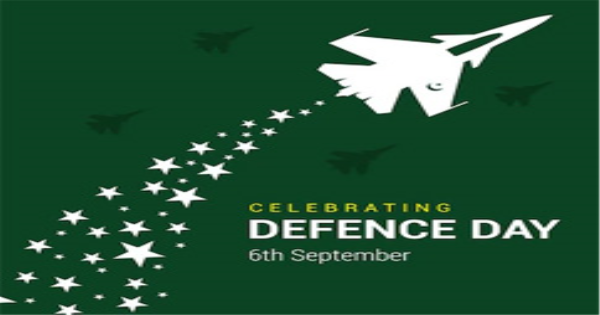
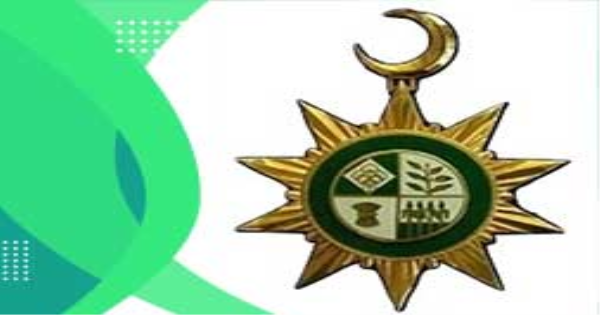




.jpg)















